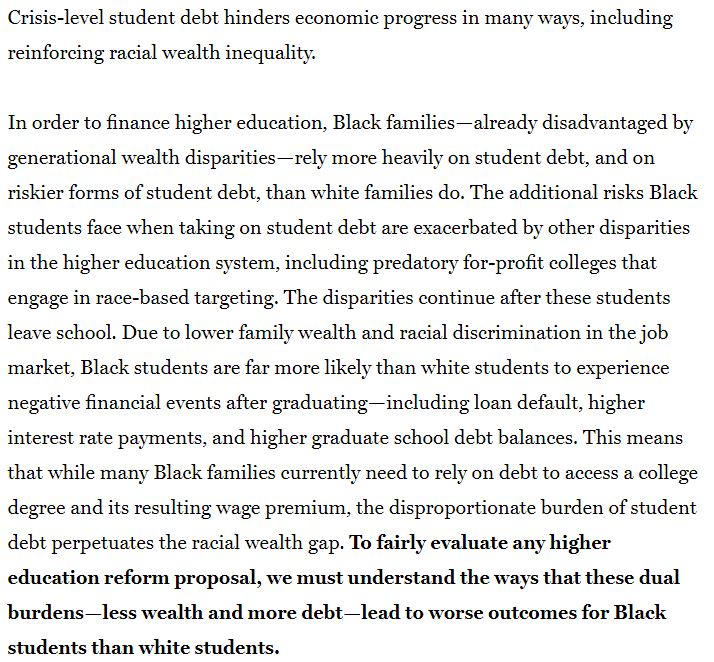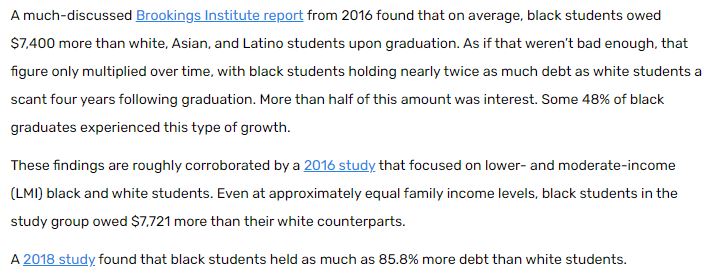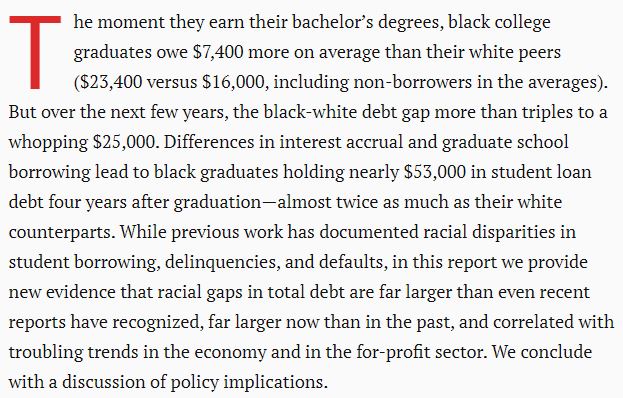Seems like a lot of folks could use a primer on economic stimulus, as well as "fairness" in our system.
So let's talk about both.
Economic stimulus was originated as a concept after the Great Depression by John Maynard Keynes, father of modern economics.
So let's talk about both.
Economic stimulus was originated as a concept after the Great Depression by John Maynard Keynes, father of modern economics.
The idea is that an injection of government spending spurs more consumer spending, because people have money to spend.
Though economists argue the exact figure, nearly all agree that government stimulus results in a multiplier effect: X in stimulus = 2-3X in economic activity.
Though economists argue the exact figure, nearly all agree that government stimulus results in a multiplier effect: X in stimulus = 2-3X in economic activity.
It was government stimulus that got us out of the Great Depression, largely massive spending on the war effort for WWII.
It was government stimulus that got us out of the Great Recession, via a slew of measures like TARP (bank bailout), ARRA (mostly jobs), auto bailout, etc.
It was government stimulus that got us out of the Great Recession, via a slew of measures like TARP (bank bailout), ARRA (mostly jobs), auto bailout, etc.
The most common ongoing stimulus you're probably aware of is unemployment insurance. Yes, it's good to get jobless benefits if you're out of work, so you don't starve or lose your home, which also harms the whole economy.
But it's mainly focused on keeping people spending.
But it's mainly focused on keeping people spending.
We saw a real-time example of stimulus this year when folks got the $1200 checks. Consumer spending did not drop in the immediate aftermath, despite every economic indicator pointing sharply the wrong way. Government stimulus prevented a far worse recession from materializing.
So-called "fiscal conservatives" (in quotes because it's become so intellectually dishonest in practice, and really just means "don't want to pay my taxes") argue that spending when the economy is taking a hit (and thus tax revenue is down) is a bad practice.
But during an economic crisis is exactly when you want to see this deficit spending. Unlike you and me, the government is allowed to spend this way. Yes, it means printing more money, but so long as you keep it within reasonable limits, you can avoid problematic inflation.
The government stimulus we're talking about right now—though few are talking about it this way—is federal student loan forgiveness. This type of stimulus doesn't even require printing any money! The money's already spent. It just means factoring in less revenue moving forward.
By freeing up millions from having to spend huge portions of their income to service student debt, you're allowing them to spend that money in other ways: on rent! on groceries! on random stuff! on down payments for homes! on cars!
All of this is good! (At least economically.)
All of this is good! (At least economically.)
For years, we've heard Boomers complain that no one wants to buy their McMansions. Or the endless stories of "Millennials are killing X industry." Part of that is because McMansions and fabric softener are dumb. But a huge reason is most of their money is going to debt servicing.
If we can free a huge portion of society from that debt obligation, think of all the things they'll be able to buy. Maybe your retirement plan gets rescued because there's a buyer for your McMansion after all. Or your business gets more revenue because people have more to spend.
Especially right now, when so many people are struggling to pay the bills and businesses struggle to stay afloat, freeing up a whole bunch of money to go into the economy instead of into federal coffers is stimulus we would ALL benefit from, not just those getting loans forgiven.
But maybe your reaction is, "That's not fair!" Maybe you had loans, but worked hard to pay them off. Or you paid for your kids' college so they wouldn't have to take out loans. You feel you're owed something.
So let's talk about fairness.
So let's talk about fairness.
According to think tank @TCFdotorg:
"Black families—already disadvantaged by generational wealth disparities—rely more heavily on student debt, and on riskier forms of student debt, than white families do."
(Full passage below, or see https://tcf.org/content/report/bridging-progressive-policy-debates-student-debt-racial-wealth-gap-reinforce/)
Is that fair?
"Black families—already disadvantaged by generational wealth disparities—rely more heavily on student debt, and on riskier forms of student debt, than white families do."
(Full passage below, or see https://tcf.org/content/report/bridging-progressive-policy-debates-student-debt-racial-wealth-gap-reinforce/)
Is that fair?
This story has more:
"Even at approximately equal family income levels, Black students in the study group owed $7,721 more than their white counterparts."
(Passage below, full story here: https://www.savingforcollege.com/article/racial-disparities-in-student-loan-debt)
"Even at approximately equal family income levels, Black students in the study group owed $7,721 more than their white counterparts."
(Passage below, full story here: https://www.savingforcollege.com/article/racial-disparities-in-student-loan-debt)
Per @BrookingsInst:
"Differences in interest accrual and graduate school borrowing lead to black graduates holding nearly $53,000 in student loan debt four years after graduation—almost twice as much as their white counterparts."
(Passage below, source: https://www.brookings.edu/research/black-white-disparity-in-student-loan-debt-more-than-triples-after-graduation/)
"Differences in interest accrual and graduate school borrowing lead to black graduates holding nearly $53,000 in student loan debt four years after graduation—almost twice as much as their white counterparts."
(Passage below, source: https://www.brookings.edu/research/black-white-disparity-in-student-loan-debt-more-than-triples-after-graduation/)
Black graduates have twice as much debt as their white counterparts, even if they came from families of similar incomes.
But there are two more important things to note: likelihood of having debt in the first place, and income after graduation.
But there are two more important things to note: likelihood of having debt in the first place, and income after graduation.
82% of Black graduates come out of 4-year college with debt, vs. 68% of white 4-year grads. So that average load of double the debt of white students is also spread across a higher share of graduates, and they also go on to earn far less.
Black and Latino/Latina grads consistently earn less than white (and far less than Asian-American) counterparts at all education levels. Often the equivalent of a whole educational level less.
(Source: https://www.statista.com/statistics/184259/mean-earnings-by-educational-attainment-and-ethnic-group/)
(Source: https://www.statista.com/statistics/184259/mean-earnings-by-educational-attainment-and-ethnic-group/)
To earn what a white 4-year grad earns, a Black person often needs a masters degree. And that comes with... more debt! Add that to the lack of generational wealth for Black households (median of $17,000 total net worth vs. $171,000 for white households), and it's a vicious cycle.
Absolutely none of that is fair. But that's just one example, albeit an important one.
If you want to get upset about all the ways the tax code is unfair, we can talk about plenty of examples.
And—surprise!—virtually all of them benefit people BETTER off than you, not worse.
If you want to get upset about all the ways the tax code is unfair, we can talk about plenty of examples.
And—surprise!—virtually all of them benefit people BETTER off than you, not worse.
The tax loophole that benefits the most people is the mortgage interest deduction, paired with writeoffs for property taxes paid. Everyone has to pay to live somewhere, but only those who own get this massive tax benefit. Guess who those folks tend to be? The richer ones.
For students who graduate without debt, because their parents helped out in some way, those parents are vastly more likely to own a home. So those forced to take out loans because their parents don't own could rightly say it's not fair you got that tax break in the first place.
The mortgage interest deduction is a form of government stimulus, by the way, and like most forms, it's not equally distributed. We decided home ownership is a public good we want to incentive, and those who have the most money already and can afford to own get all the benefit.
But that's not the only unfair thing our tax code incentivizes.
It also lets second home owners write off that mortgage interest, even though there's no defensible reason to do so, and we're currently in a massive housing shortage and affordability crisis.
It also lets second home owners write off that mortgage interest, even though there's no defensible reason to do so, and we're currently in a massive housing shortage and affordability crisis.
Roads and highways are paid for and maintained by taxes on gasoline. Guess who doesn't pay those? Electric car owners. Electric cars are great from an environmental perspective, but everyone driving one is getting a free ride on the backs of those who can only afford gas cars.
We subsidize all kinds of industries that are bad for us: fossil fuels, giant agribusiness reliant on cancer-causing agents like glyphosate, pharmaceutical companies that take our tax dollars and then still charge extortionate rates for critically important drugs.
Our tax code lets Tr*mp pay $750 in federal income tax after claiming that a piece of property he bought for $2 million is worth 10 times that, and took a tax writeoff in that amount.
I could share more examples here, but I have a book to finish and you get the point: nothing in our tax code is fair. Nothing about accruing student debt in the first place is fair.
If you paid off your debt, or avoided it to begin with, congrats! You're doing better than most.
If you paid off your debt, or avoided it to begin with, congrats! You're doing better than most.
Chances are good you've had plenty of advantages in the system, even if they were invisible to you, and begrudging those with fewer advantages some relief is small-minded.
Besides, making progress, even imperfect and incremental, is the whole point of civilization.
Besides, making progress, even imperfect and incremental, is the whole point of civilization.
If all else fails, and you just can't get past this, just think of it as government stimulus that will still benefit you indirectly even if it doesn't benefit you directly.
/end (probably)
/end (probably)

 Read on Twitter
Read on Twitter





